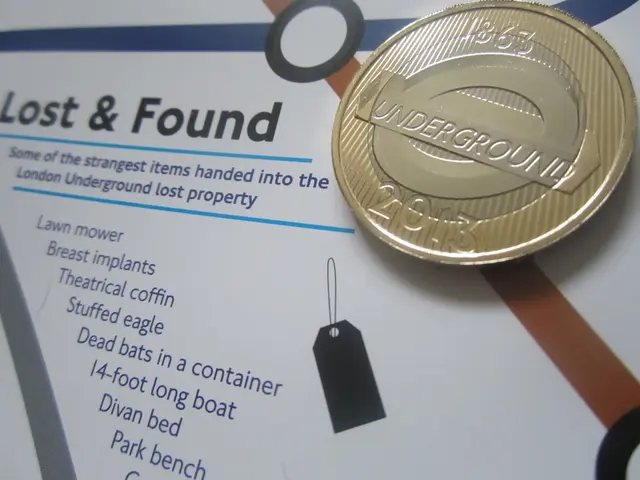Latvia Takes a Stand: Banning Russian and Belarusian Real Estate Ownership for National Security
Russians and Belarusians are prohibited from purchasing real estate in Latvia
In an effort to protect its borders and sovereignty, Latvia's parliament has passed a powerful law that forbids Russian and Belarusian citizens, as well as legal entities based in these countries, from purchasing real estate. With tensions escalating surrounding Ukraine, Latvia feels at risk and is taking proactive measures to safeguard its nation.
The law comes in response to the hybrid war being waged by Russia against democratic countries, particularly those supporting Ukraine. This war is not only visible on the battlefield but also involves indirect methods, such as acquiring real estate in other countries as a means of exerting non-military influence and fueling hybrid warfare efforts. The fear is that Russia could justify military action on the pretext of protecting its citizens residing in foreign lands.
Latvia, with its border to the east, shares a geographical proximity with its neighboring states, making it a potential target. The thought of a possible invasion in the future generates a palpable sense of apprehension. As a result, Latvia has already ceased issuing visas and residence permits to Russians.
Here's the lowdown on how this new law impacts Latvia:
- Security Priorities: The law aims to secure the nation by restricting the influence and presence of adversarial individuals and entities. Beyond individuals, companies with Russian or Belarusian owners holding more than 25% of shares are also affected.
- Countering Hybrid Threats: The legislation is the latest in a series of actions aimed at countering hybrid threats from Russia, including covert operations and sabotage against critical infrastructure in Latvia. The government views a reduction in real estate ownership as a vital step towards reinforcing national security.
- Regional Alignment: Latvia is joining other Baltic and Nordic countries in imposing restrictions on Russians, as part of an overall effort to protect regional security amid mounting tensions.
- Exemptions: While the law is strict, there are exceptions for permanent residents of Latvia or the EU, Belarusian refugees, and returning repatriates, acknowledging the need to balance security with humanitarian considerations.
- Enhancing Civil Preparedness: The ban is just one component of broader measures to fortify Latvia's readiness for potential conflicts. Other initiatives include plans for the relocation of civilians and increased defense spending designed to deter aggression.
- International Signaling: The law serves as a clear message to Russia and Belarus, expressing disapproval of their destabilizing actions in the region and solidarity with Ukraine. Latvia has been a steadfast advocate for Ukrainian sovereignty since the Russian invasion began.
- Economic Ramifications: The ban helps shield Latvia's real estate market from unwanted foreign influence, safeguarding national interests in the process. By limiting property acquisition, Latvia places hurdles in the path of hostile nationals and companies looking to establish a foothold in the country.
All told, the new law marking Latvia's decision to ban Russians and Belarusians from buying real estate serves not only as a strategic security move but also as a reflection of a collective regional resolve to protect the sovereignty of democratic states in a volatile geopolitical climate.
- The employment policy in Latvia may need to address the potential labor shortage as a result of the ban on real estate ownership for Russian and Belarusian citizens.
- In regards to finance, investors may reconsider Latvia as a destination for investing due to the limiting of real-estate ownership, impacting the economy.
- The legislation in Latvia, restricting real-estate ownership for Russians and Belarusians, aligns with policy-and-legislation focuses on war-and-conflicts, reflecting a proactive approach in politics.
- General news outlets are covering the new policy in Latvia and its implications on employment, investing, politics, and regional security, in light of the ongoing tensions between Russia and Ukraine.








